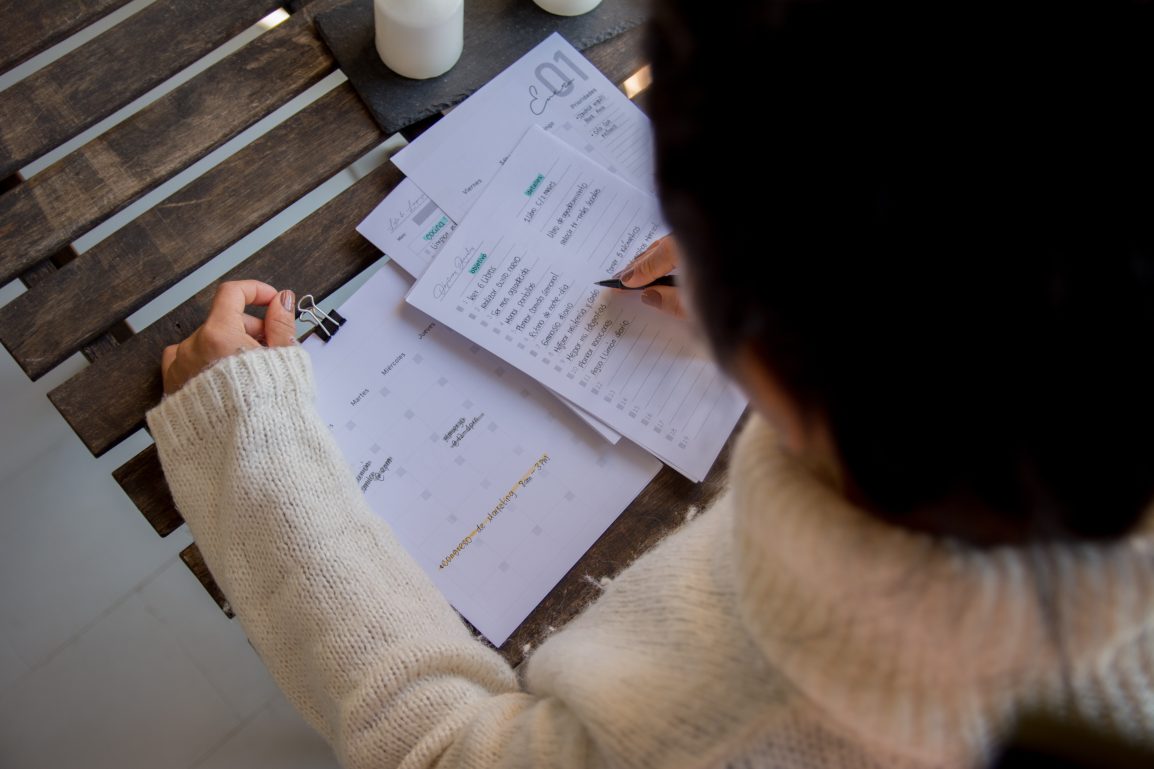The first day of school was always identical each year. Teachers would introduce themselves while nicely dressed students pretended to listen, fumbling with the new syllabus added to their pile.
As a child, I looked forward to the first day, but there was one tradition that I never understood: the distribution of student planners.
Confused, I would flip through the cheap, plastic book with little intention to use it. My new planner would inevitably end up at the bottom of a trashcan. Now, I realize how foolish that was. What I didn’t realize was that the psychology of a planner makes it a wonderful tool for many reasons.
Planners are proven to help students remember vital information, produce higher quality work, and develop long-term planning skills.
It is proven that writing down information makes it easier to remember. This is because “handwriting’s combination of motor skills, touch sensation, and visual perception actually reinforces the natural learning process” (Hauser).
When students use their planners instead of a digital calendar, the tactile process of writing maked it easier to remember the information, decreasing stress and increasing grade scores. In addition, planners are useful when students don’t remember details, because it acts as a visual cue for memory.
All these reminders help save time that can be used on assignments, making it possible to produce quality work. This eventually leads to better grades in school, meaning the psychology of using a planner is real. In fact, a recent survey proved that “87 percent of students say that better time management and organization skills would help them get better grades” (Rp news wires).
I can affirm from personal experience that this is true. Before I used planners, I would settle at the kitchen table, ready to do homework, and forget what assignments I needed to complete. I would then waste the rest of my time worrying about the mysterious assignments, completely under the Zeigarnik Effect’s power. I would only remember my precious homework at the last minute, and scribble down pitiful answers in hopes to complete it.
This all changed with a planner. Now, I know what to complete long in advance, and I can take the time to do my best.
Finally, using a planner can be a gateway to an organized life. After about two months of repeating an action, the human brain turns it into a habit.
If students used their planners consistently for the first two months of school, this beneficial form of organization would soon become second nature to them. These good habits developed in high school would continue into college and beyond, forming a healthy and organized lifestyle.
Almost every career requires some form of organizational skills, from an artist to a rocket scientist. Why not develop those skills now? Students in the future will thank their past selves for beginning this lifestyle early. The best way to do that is with a planner.
For more productivity tips, visit this article!
Work Cited
https://creatingpositivefutures.com/the-psychology-of-student-planners/
https://www.reliableplant.com/Read/3429/college-students-struggle-with-organizational-skills

